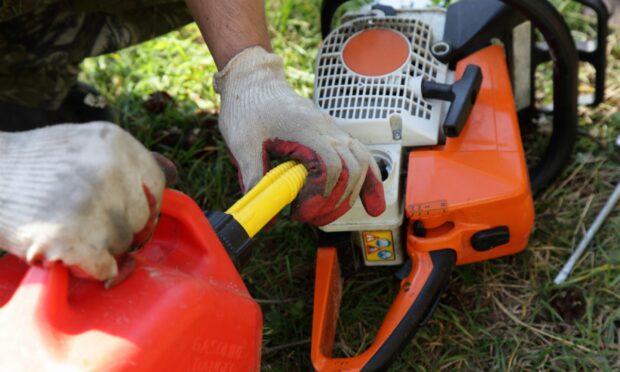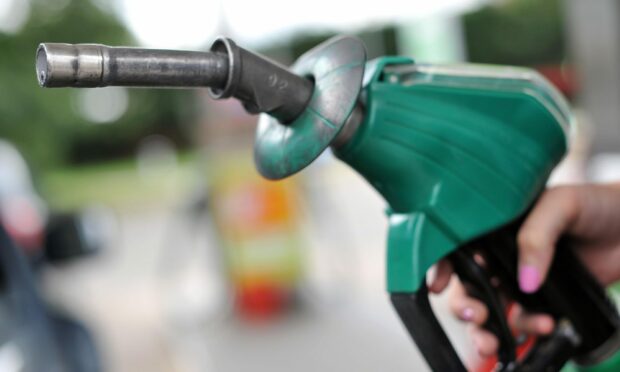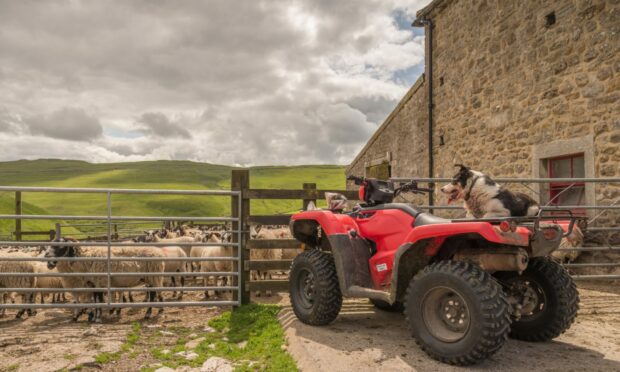Farmers and crofters are being encouraged to check if their vehicles and machinery are compatible with E10 petrol.
The petrol, which is due to become the standard petrol grade in petrol stations across the UK this summer, will replace the current E5 grade.
The E number refers to the proportion of the petrol which is made from bioethanol, meaning the new grade will contain 10% bioethanol.
Farmers’ union NFU Scotland (NFUS) is urging farmers to check whether their vehicles and machinery will be compatible with the new petrol grade, as continually using the new E10 fuel in an incompatible petrol vehicle could damage the engine’s parts.
A campaign by the Driver and Vehicle Licencing Authority (DVLA) urges people to check the compatibility of their vehicles using its online E10 vehicle checker at gov.uk/check-vehicle-e10-petrol or to seek advice from the manufacturer.
The DVLA said petrol vehicles and machinery manufactured after 2011, and most motorcycles are E10 compatible, and that E5 petrol will remain available as the super grade option at the pumps.
Unknown impact
NFUS welcomed the environmental benefits offered by a switch from E5 to E10 fuel, but warned it was unclear how the move will affect the farming industry.
It said although estimates from the UK Government’s Department for Transport suggest 98% of the roadgoing fleet in the UK will be compatible with the new fuel, there is no information about how many off-road machines, farm vehicles or pieces of agricultural equipment will be impacted by the change.
“The introduction of E10 petrol on forecourts this summer could potentially offer some significant additional market opportunities for some sectors of Scottish agriculture and there are notable environmental gains for the transport sector with the switch from E5 to E10 petrol,” said NFUS legal and technical committee chairman, Tom French.
“But there are concerns over the effect of the change in specifications and the new fuel’s compatibility with many of the older machines and equipment such as quad bikes and chainsaws that are in every day use on many farms and crofts.”
He said it was essential that end users and consumers did not have to bear any additional costs and mechanical issues associated with the switch from E5 to E10 petrol.
“Problems such as the fuel filter blocking disaster that many farmers have experienced in recent years simply cannot be repeated,” added Mr French.


